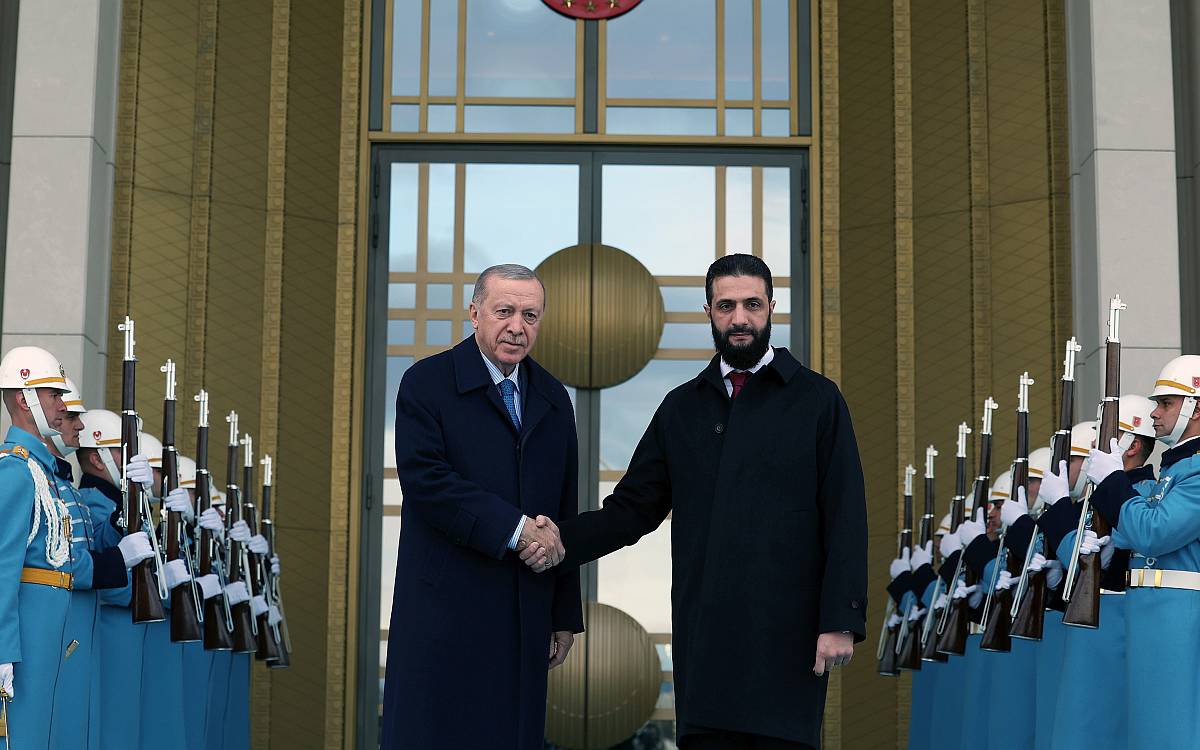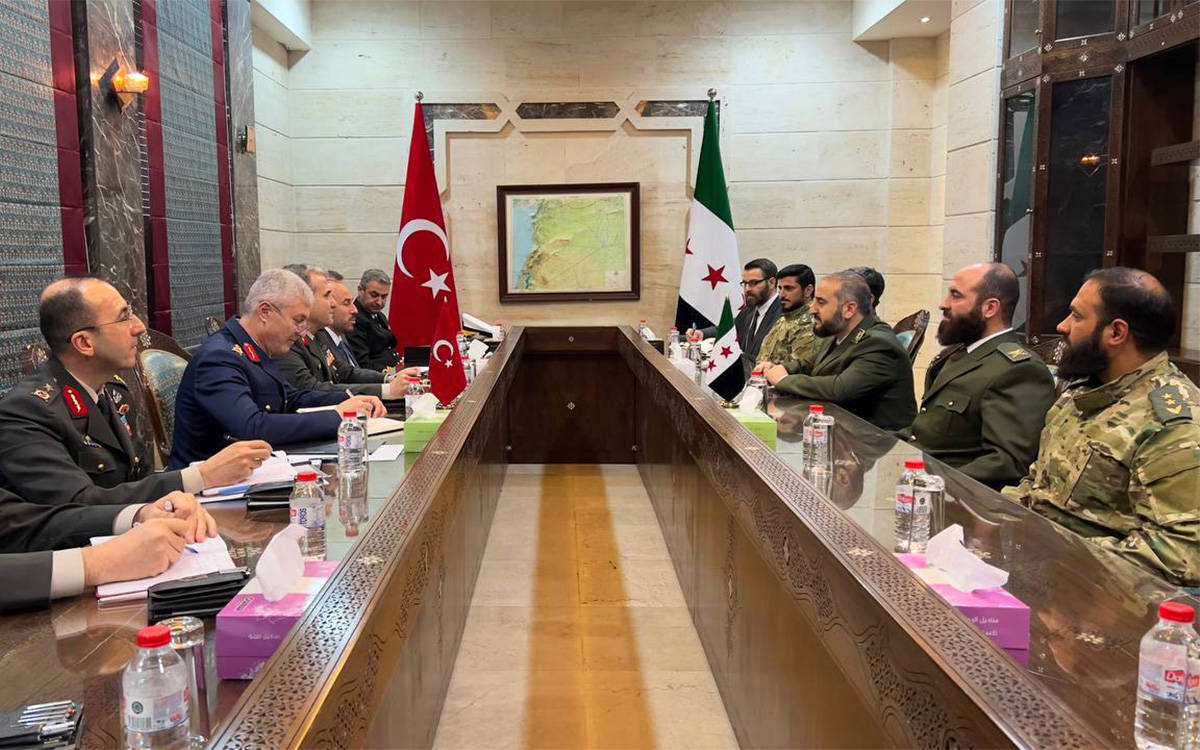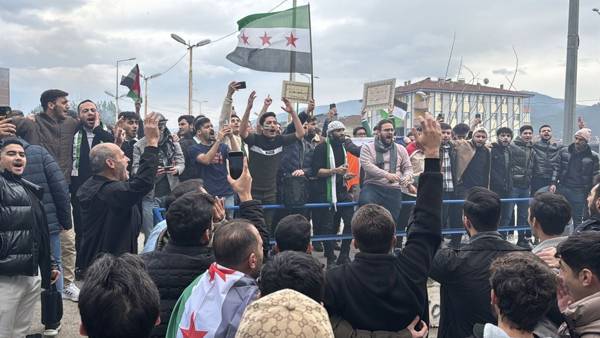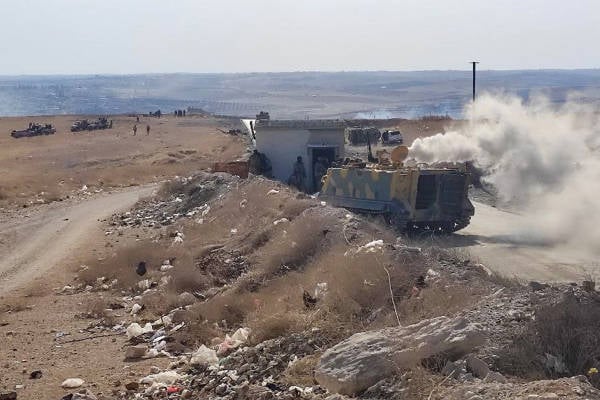Foreign Minister Hakan Fidan has said that Turkey had no role in planning the military operations by Syrian armed groups that led to the ousting of Bashar al-Assad.
Speaking in an interview with Saudi Arabia's Al Hadath television, Fidan outlined Turkey's relationship with Syrian opposition groups and emphasized that Ankara's involvement has always been limited to constructive engagement.
“Our ties with Syria are rooted in shared history, geography, culture, and faith,” Fidan said, describing the strong connection between Turkey and the Syrian people. “When the difficult times began in Syria, the opposition in the north relied on Turkey, and millions of displaced refugees found a home here. We embraced them as our own.”
Addressing claims that Turkey was part of an internationally coordinated effort to topple Assad, Fidan said. “After the operation began, we worked intensively with all parties to ensure that it proceeded with as little conflict, cost, and difficulty as possible. However, we were not involved in any pre-planning or discussions with any country or group before the operation,” Fidan said.
Yesterday, Defense Minister Yaşar Güler also made similar remarks, saying that Turkey was not involved in the military operation to topple Assad.
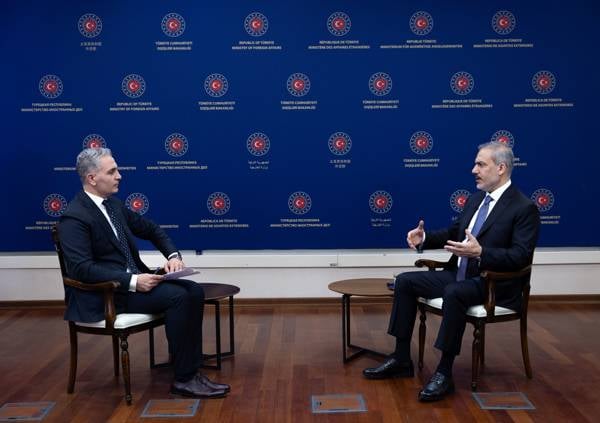
Turkey not involved in planning of Syrian offensive to topple Assad, says FM
The offensive, led by Hay’at Tahrir al-Sham (HTS), began on Nov 27 and resulted in the capture of key cities, including Aleppo, Hama, and Homs, before culminating in the fall of Damascus on Dec 8. The collapse of the Assad government ended 61 years of Baath Party rule in Syria. Assad fled to Moscow.
Before the offensive, the HTS had been stationed in Idlib, northwestern Syria, and the Turkey-backed groups were also located in the northern parts of Aleppo. These areas bordered regions controlled by the regime and Kurdish forces, with Turkey serving as their primary lifeline.
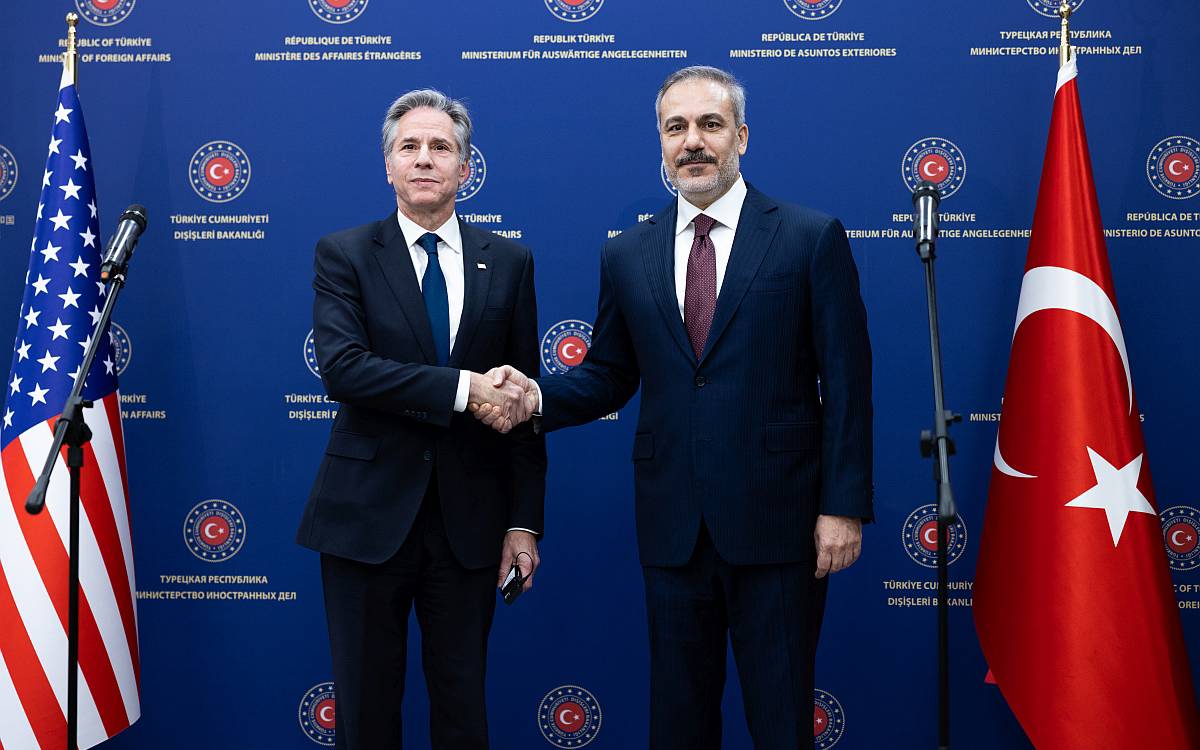
Fidan, Blinken discuss cooperation to ensure Syria’s stability
Dialogue with Russia and Iran
Fidan highlighted Turkey’s efforts to maintain dialogue with regional powers, including Russia and Iran, throughout the Syrian conflict. “We have engaged in continuous discussions with Russia and Iran to uphold ceasefires and seek solutions to the crisis,” he said.
He noted that the Assad regime had failed to deliver services, achieve reconciliation with its people, or restore the economy despite the support it received from Russia and Iran. “Assad chose to share power with external forces rather than with his own people. This failure to rebuild the system or serve the people has led us to this outcome,” Fidan remarked.
Intelligence chief's Damascus visit
Fidan also addressed National Intelligence Organization (MİT) Chief İbrahim Kalın’s recent visit to Damascus. He explained that Kalın met with regional and Western officials to relay Turkey’s positions and gather feedback from counterparts.
Kalın’s visit, which took place on Dec 12, included discussions with HTS leader Ahmed al-Shara, also known as Abu Mohammed al-Jolani, sparking widespread attention after images surfaced of Kalın and al-Jolani together in a vehicle with the latter at the steering wheel.
Video showing el-Shara driving Kalın through Damascus:
#متداول| من استقبال رئيس جهاز الاستخبارات التركية "إبراهيم قالن" خلال زيارته الجامع الأموي بالعاصمة السورية دمشق.
— مسك للإعلام - Misk Media (@Misktvnet) December 12, 2024
🔔اشترك بقناة التلغرام: https://t.co/UYTUeC3u6X pic.twitter.com/x2ghuahfyP
Fidan noted that the insights Kalın gained during the meetings contributed to broader discussions held in Jordan’s Aqaba Gulf on Dec 14, as regional actors sought to address the evolving dynamics in Syria. (VK)






